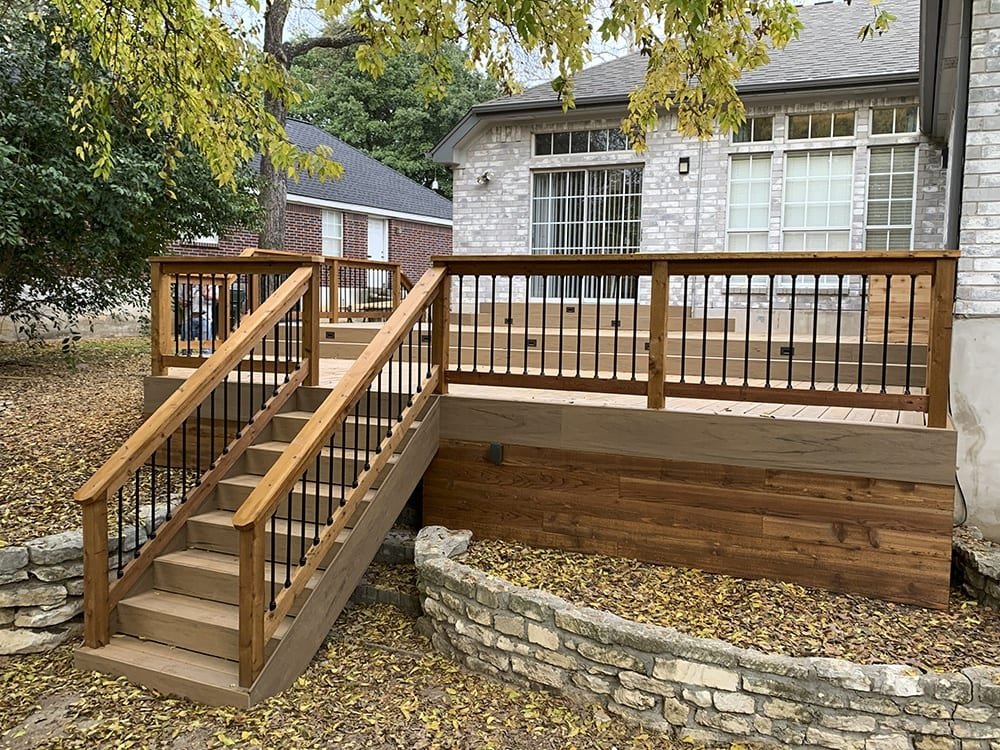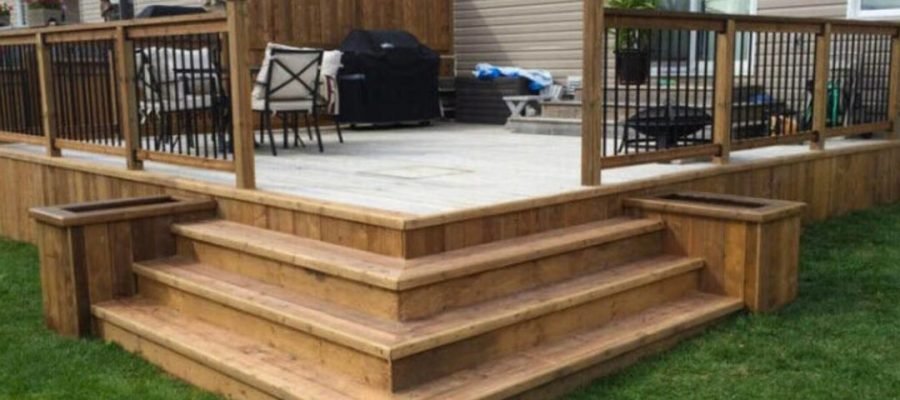How to Clean Decking Naturally: Eco-Friendly…
Discover how to clean decking naturally in Auckland. Use DIY solutions like vinegar & baking…

Choosing the best decking materials Auckland for your home is a big decision that impacts your outdoor living, property value, and maintenance routine. In Auckland’s unique climate, where moisture, sun, and salt air challenge decking lifespan Auckland, picking the right material is key. My Homes Decking Expert compares timber decking Auckland and composite decking NZ to help you decide what suits your lifestyle, budget, and Auckland outdoor living trends in 2025.
Your deck is the heart of your outdoor space—perfect for barbecues, relaxing, or adding value to your home. Auckland’s coastal environment and NZ decking codes make material choice critical. Here’s why:
Local Example: A St Heliers homeowner chose composite decking for their beachfront property, appreciating its resistance to salt air and minimal upkeep.
To find the best decking materials Auckland, we’ve broken down wood vs composite decking across seven key factors.
Timber decking Auckland uses natural wood, valued for its classic look and warmth. Common types include:
Example: A Grey Lynn villa used kwila for a warm-toned deck, complementing its heritage aesthetic.
Composite decking NZ blends recycled plastic and wood fibres, offering modern durability. In 2025, brands like Trex and EcoDecking provide:
Example: A Devonport family installed composite decking around their pool, valuing its low-slip decking properties.
Decking cost NZ varies by material and installation:
NZ Tip: Composite’s higher upfront decking cost comparison is offset by lower maintenance over time.
Example: A Piha beach house used composite decking to withstand salt air, outperforming timber in durability.
NZ Tip: For timber, schedule maintenance in spring to prep for Auckland’s wet winters.
NZ Tip: Choose composite with high recycled content (e.g., Trex: 95% recycled materials) for eco decking options.
Recommendation:

Building a deck in Auckland requires careful planning to meet NZ decking codes and ensure longevity. Here’s what to watch for:
Example: A Ponsonby rental property used composite decking for low upkeep, attracting premium tenants.
High-quality composite with textured surfaces (e.g., Trex) offers low-slip decking, safe for Auckland’s wet climate. Check slip ratings before buying.
Composite lasts 25–30 years with minimal care, while well-maintained timber lasts 15–20 years. Composite is better for weatherproof decking Auckland.
Yes, combining timber borders with composite panels creates a stylish, cost-effective look. Ensure compatible fixings and NZ decking codes compliance.
Choosing between timber decking Auckland and composite decking NZ depends on your priorities. Timber offers timeless charm but demands regular timber deck maintenance, while composite provides low-maintenance decking NZ and superior decking lifespan Auckland. Both can elevate your Auckland outdoor living trends with the right design. My Homes Decking Expert helps you pick the best decking materials Auckland for your home, ensuring compliance and durability.
Ready to build your dream deck? Contact My Homes Decking Expert for a free consultation:
📞 Call: 022 315 8987
📧 Email: info@myhomesconstruct.co.nz
🌐 Website: https://deckingexpert.co.nz
My Homes Decking Expert – For custom decks built for Kiwi lifestyles.
Discover how to clean decking naturally in Auckland. Use DIY solutions like vinegar & baking…
Kwila Decking for Auckland Homeowners How Long Does Kwila Decking Last? A Comprehensive Guide for…
How to Build a Deck: A Comprehensive Step-by-Step Guide Introduction Did you know that adding…